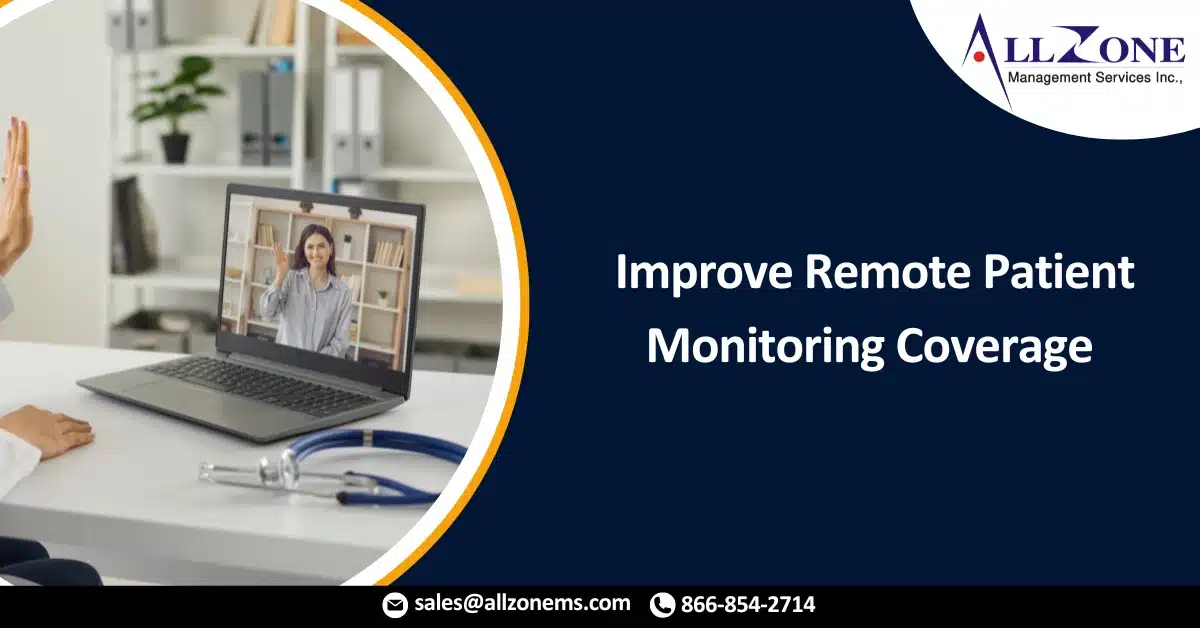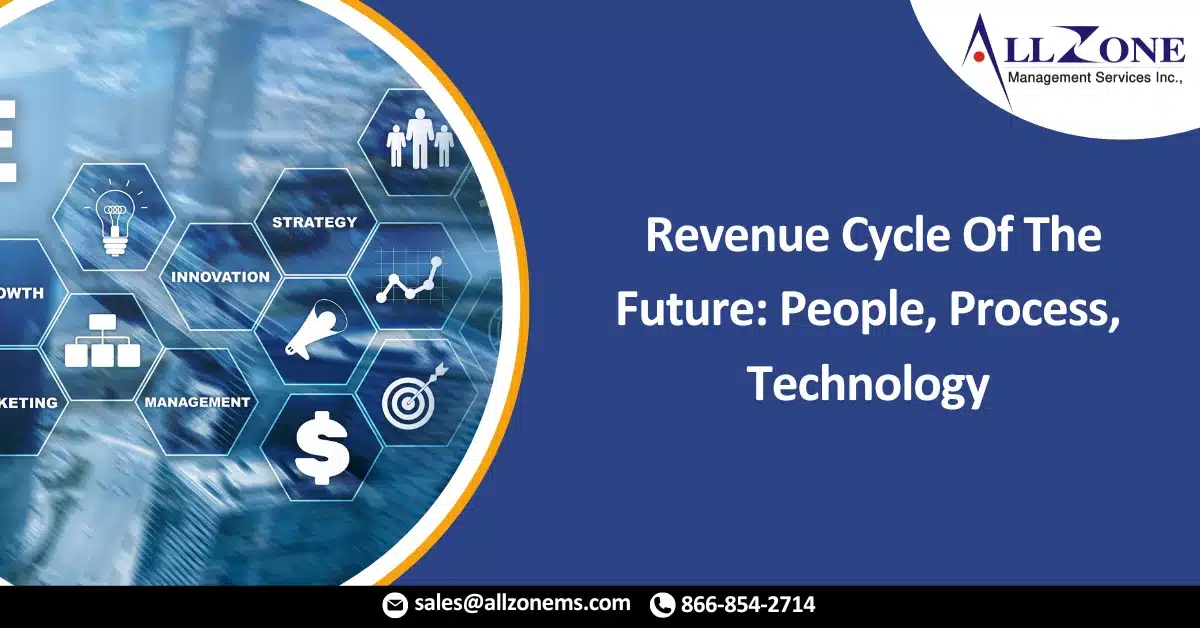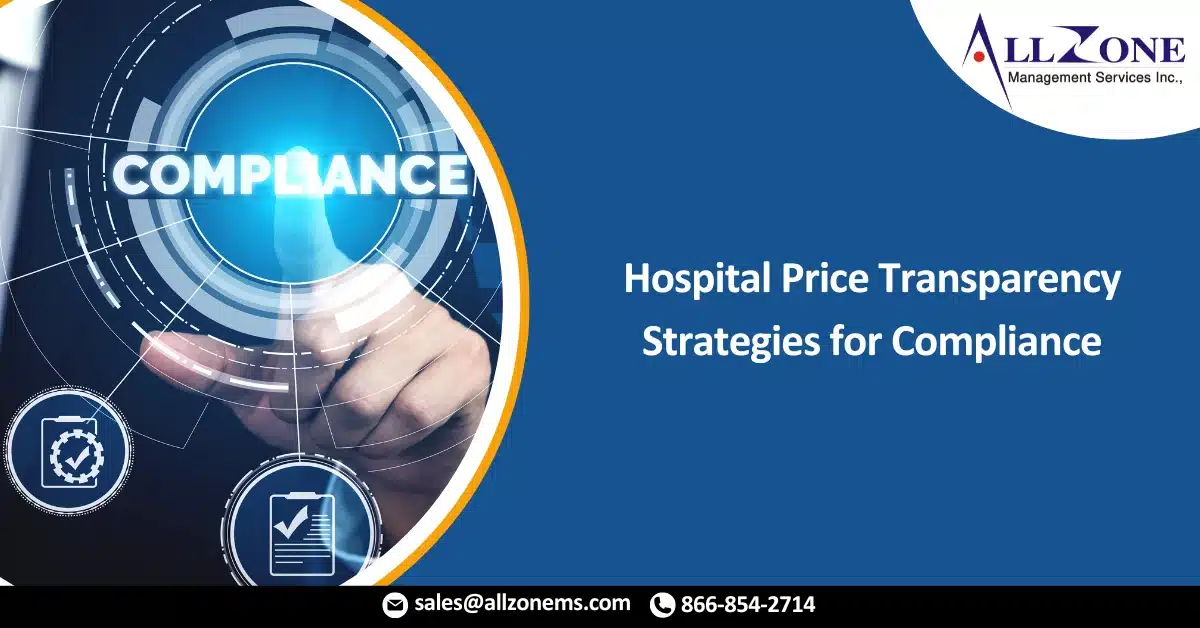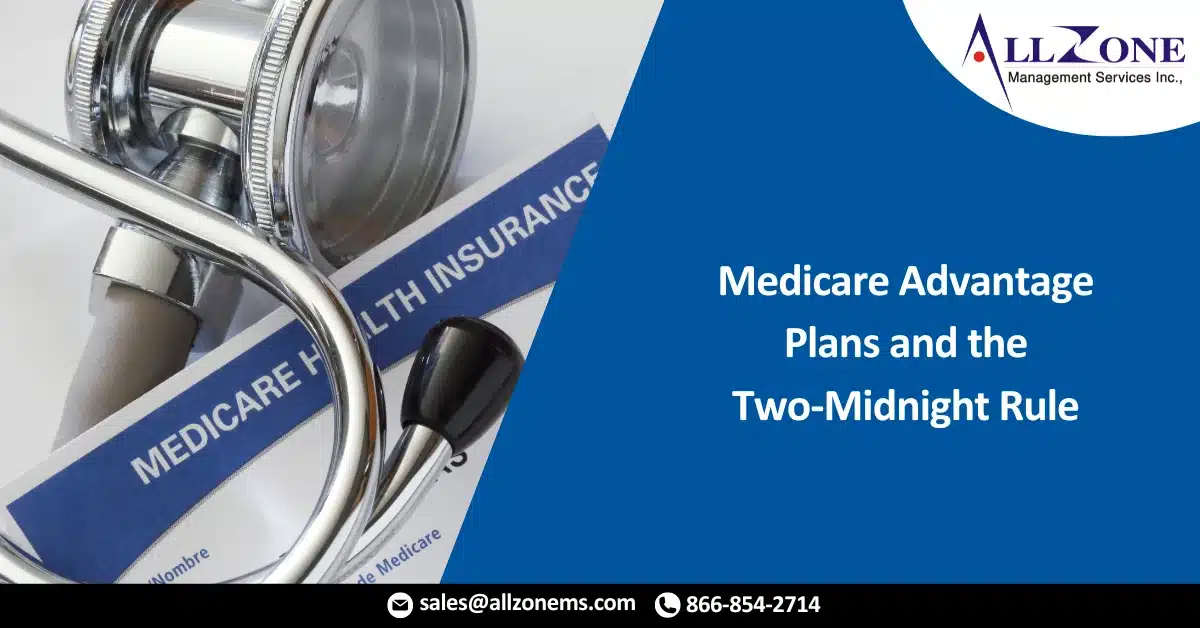Telehealth advocates are submitting recommendations to CMS to improve coverage for remote patient monitoring services in the proposed 2022 Physician Fee Schedule. With remote patient monitoring projects surging in popularity as a result of the pandemic, telehealth advocates are lobbying the Centers for Medicare & Medicaid Services to improve proposed coverage plans in the 2022 […]
As the revenue cycle of the future becomes more automated and technology takes over rote tasks, revenue cycle employees need more complicated problem-solving skills and a deeper knowledge base than ever before. Technology is only as good as the data that’s fed into it, and the data is only as good as the people behind […]
CMS’ proposed actions are intended to increase price transparency, access to care, patient safety, positive healthcare outcomes, and health equity. On July 19, 2021, the Centers for Medicare & Medicaid Services (CMS) announced new proposed actions to address the health equity gap, decrease mounting healthcare costs, and increase medical accessibility and patient quality of care. […]
CMS has expanded the prior authorization requirement to two new service categories within hospital outpatient department services. The Centers for Medicare & Medicaid Services (CMS) has expanded the prior authorization requirement for two additional hospital outpatient department (OPD) services. Effective with date of service July 1, 2021, CMS has expanded the prior authorization requirement to […]
Hospital price transparency is now a requirement from CMS, but providers should be going beyond the rule to ensure transparency meets patient demands, too. Hospital price transparency goes beyond just compliance with federal regulations. Patients are also demanding more transparent pricing information from their providers in order to make more informed decisions about their healthcare. […]
The Centers for Medicare & Medicaid Services (CMS) issued a policy change modification to the claims processing logic for Modifier 59 Distinct procedural service (and the optional patient-relationship modifiers XE, XS, XP, and XU) on February 15, 2019. These modifiers are only processed when applied to the Column 2 code in a bundled pair, per Correct Coding Initiative […]
A frequent knock on electronic health records has been that they’re just glorified billing systems that fail to provide enough clinical functionality to make a significant difference in quality of care. So it’s somewhat incongruous that a recent Black Book report on revenue cycle management (RCM) system adoption would say that 26 percent of hospitals […]
Controversy continues to swirl around this subject. A recent article of mine focused on the argument that Medicare Advantage (MA) plans have to follow the two-midnight rule. It certainly generated buzz; I received a number of emails with comments and questions. First, I want to note that I love getting comments and questions. I can’t […]
Undercoding, or reporting a lesser service than was performed and documented, is sometimes employed as a defensive strategy to stave off claims denials or audits. But, undercoding can make a provider an outlier, and may create consequential patient care, compliance, and financial liabilities. For example: Undercoding Leaves Money On The Table, Driving Down Provider Reimbursement […]
As providers engage in complex payment models and collect more from patients, they must learn to automate key functions to improve healthcare revenue efficiency. The healthcare revenue cycle has many moving parts. From patient access and registration to medical billing and coding, provider organizations of all sizes must achieve revenue cycle efficiency to ensure providers […]










